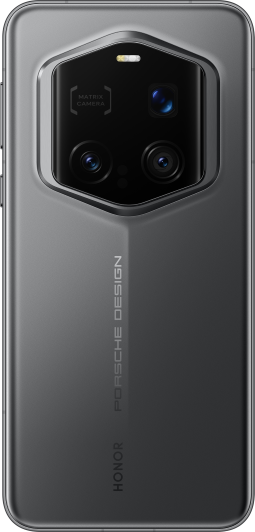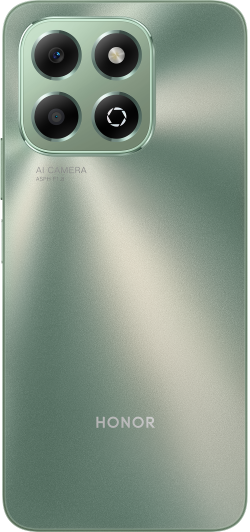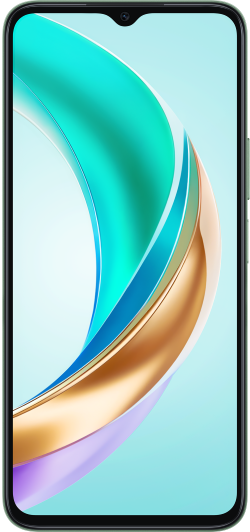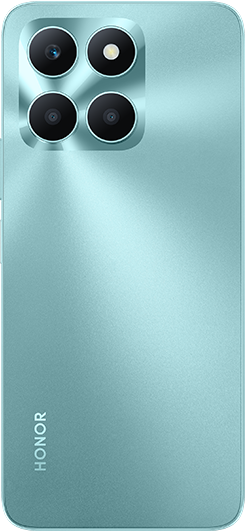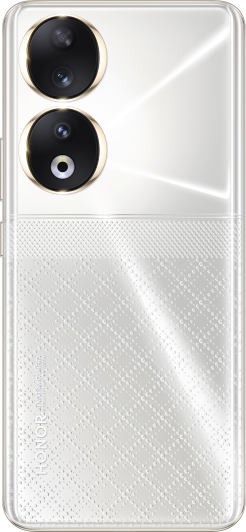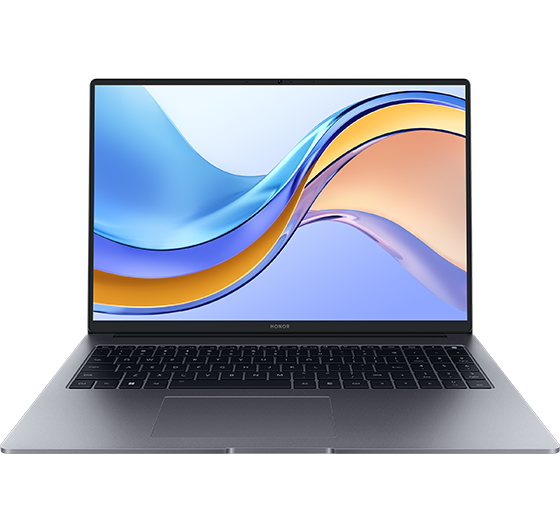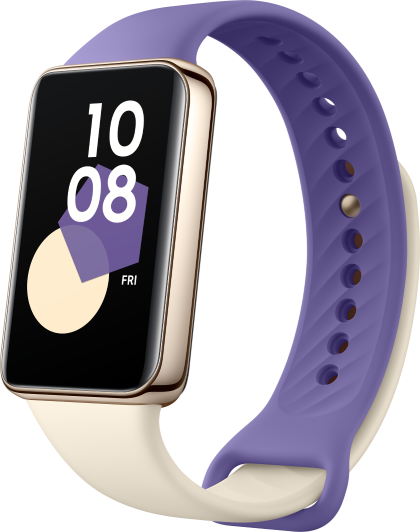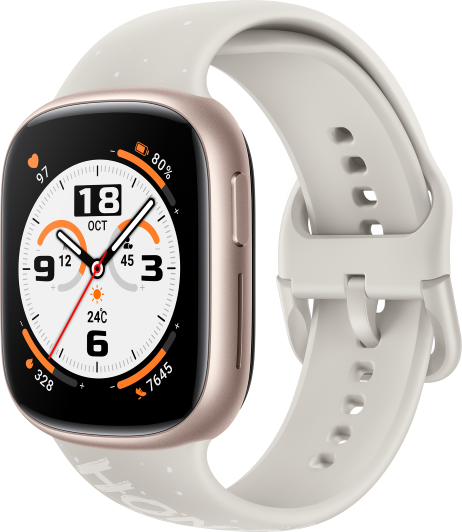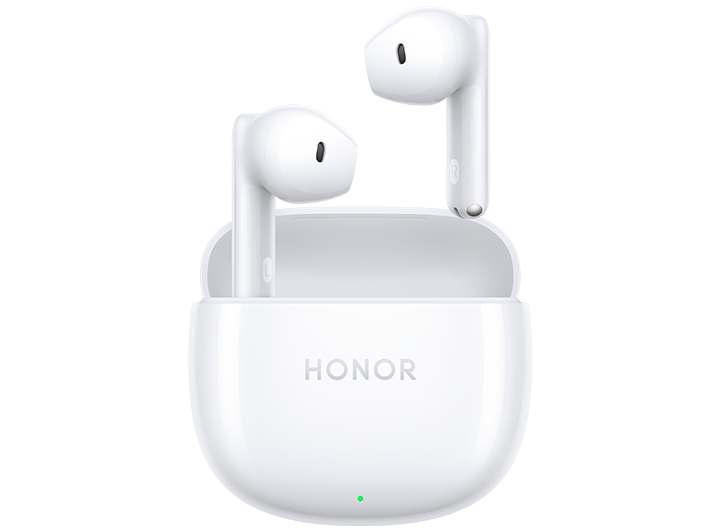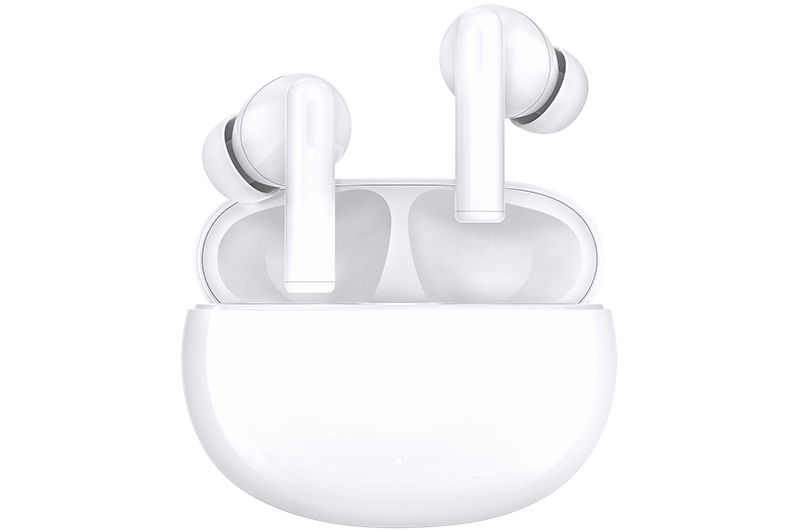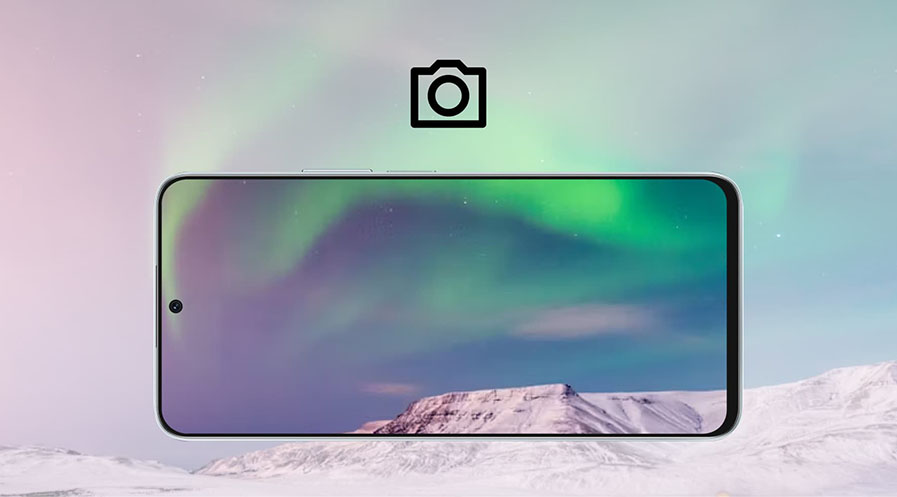TOP

我的荣耀 开启荣耀之旅
To log in to your account, you must first agree to the HONOR PLATFORM TERMS OF USE. If you do not agree, you may only browse the site as a guest.
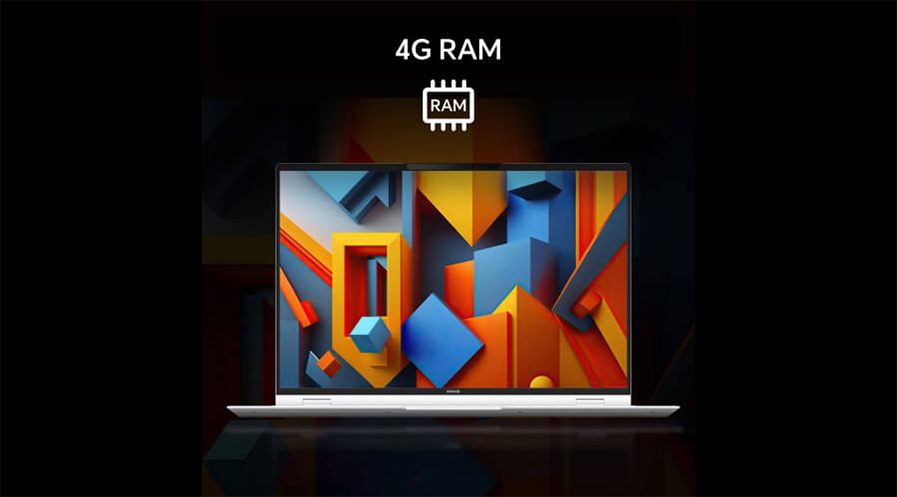
Is 4GB RAM Enough for Laptop? Find Out Your Memory Needs
When buying a laptop, one of the key features to consider is the amount of RAM (Random Access Memory). Whether you're browsing the web, streaming videos, or playing games, RAM plays a vital role in your laptop’s performance. A common question that arises is: is 4GB RAM enough for laptop users today? Besides answering the question, this article will also help you know how much RAM you actually need for various tasks and gaming.
What Is RAM?
RAM, or Random Access Memory, is your computer’s short-term memory. Its primary role is to store data that your system is actively using, allowing for quick access. Unlike long-term storage options like hard drives or SSDs, which hold data for future use, RAM temporarily holds data needed for current tasks.
The more RAM you have, the more applications your laptop can run simultaneously without slowing down. Tasks like switching between apps or loading files happen more quickly because RAM retrieves data faster than storage drives. Without enough RAM, even basic operations like browsing the web or using office software can lag. RAM is not just limited to laptops; it's also used in smartphones, tablets, and smart devices like smartwatches.
Is 4GB RAM Enough for Laptop?
So, is 4GB RAM enough for laptop users? The answer depends on how you plan to use your device. For basic tasks like web browsing, word processing, or watching videos, 4GB of RAM can suffice. Students or office workers who don’t run heavy programs will find that a laptop with 4GB of RAM handles day-to-day activities without major issues.
What Can I Do with a 4GB RAM Laptop?
Many mid-range and entry-level laptops come with 4GB of RAM. Let’s take a look at what tasks you can comfortably perform on such a machine:
Study
Is 4GB RAM enough for student laptop? For students, a 4GB RAM laptop works well for research, presentations, and writing assignments. It can also handle entertainment like streaming videos or browsing social media. This makes it a practical option for students on a budget who need a reliable device for school-related activities.
Office Work
For office tasks, a 4GB RAM laptop handles document management, spreadsheets, presentations, and light multitasking. It suits basic productivity needs but may struggle with complex software or heavy multitasking.
Daily Use
A laptop with 4GB of RAM is well-suited for everyday tasks such as online shopping, video calling, managing emails, and controlling smart home devices. It can also stream videos smoothly. If your primary use revolves around these basic activities, 4GB RAM should be sufficient for daily needs.
Signs That I Should Add Computer Memory
While 4GB of RAM is sufficient for many basic tasks, certain activities or applications may require more memory. Here are some signs that your computer could benefit from a RAM upgrade:
• Programs frequently stop responding or crash.
• Typing is delayed, and your computer takes time to catch up.
• Switching between apps or navigating tasks feels sluggish.
• Multitasking becomes difficult or nearly impossible.
• Opening large files or using spreadsheets makes your system slow.
• Your system sends low-memory notifications.
• Web pages fail to load properly or display blank spaces.
How Much RAM Memory Do I Need?
The amount of RAM you need depends on your usage patterns. Here's a breakdown of how much RAM is suitable for different types of users:
Basic Users (4GB - 8GB)
If you primarily use your laptop for browsing, document creation, and watching videos, 4GB to 8GB of RAM is enough. Light multitasking, such as switching between browser tabs and documents, will run smoothly. Opting for 8GB, if your budget allows, gives you a bit more headroom for future software updates and increased multitasking needs.
Intermediate Users (16GB)
For users who engage in heavy multitasking, moderate gaming, or light photo and video editing, 16GB of RAM is ideal. This amount ensures smooth performance even when running demanding applications. It’s a solid choice for those who want to future-proof their device without spending too much.
Power Users and Professionals (32GB and Above)
For professionals who work with high-end gaming, 3D rendering, or large datasets, 32GB or more of RAM is recommended. This allows for seamless multitasking with demanding applications like video editing software or virtual machines.
How Much RAM for Gaming?
When deciding how much RAM for gaming you need, it’s important to understand how different capacities impact performance. Here’s how different amounts of RAM affect gaming:
8GB
8GB of RAM is the minimum needed to run most modern games. It’s sufficient for older titles, but newer games may experience performance issues, especially if you’re running background applications at the same time.
16GB
For most gamers, 16GB is the sweet spot. This amount of RAM ensures smooth gameplay for current titles and leaves room for multitasking, such as streaming your gameplay or running chat software while playing.
32GB
For power users and those aiming for the most seamless gaming experience, 32GB of RAM is a substantial choice. With 32GB, gamers can run games at higher settings while handling demanding multitasking, such as recording gameplay, streaming in high quality, and using resource-heavy applications like virtual reality or 3D rendering software.
Conclusion
In conclusion, is 4GB RAM enough for laptop use? For basic tasks like web browsing, word processing, and light streaming, it can be sufficient. However, as software and multitasking demands increase, upgrading to 8GB or more can significantly boost performance. Assess your usage needs—light users may find 4GB acceptable, but those needing more speed and multitasking power should consider additional RAM for a smoother, more efficient experience.
FAQs
Can I Upgrade from 4GB to 8GB Ram on My Laptop?
Yes, upgrading from 4GB to 8GB RAM is possible on many laptops, but it depends on your device. First, check if your laptop has an extra RAM slot or if the existing RAM can be replaced. Then, consult your laptop's manual or a technician to confirm compatibility before upgrading.
Is 4GB RAM Enough for Windows 11?
While Windows 11 has a minimum RAM requirement of 4GB, this amount may struggle with smooth performance, especially if you multitask. For basic use, like web browsing and light applications, 4GB may work, but upgrading to 8GB or more is recommended for better performance and responsiveness.
Is 4GB RAM Enough for a Student Laptop Running Multiple Applications?
4GB of RAM can handle basic student tasks like web browsing, word processing, and video streaming. However, running multiple applications simultaneously, such as browser tabs, presentations, and video calls, may lead to slower performance. Upgrading to 8GB would provide smoother multitasking and a better overall experience.
Source: HONOR Club

Subscribe To Our Newsletter - Discover HONOR
Please accept HONOR Platform Privacy Statement.
By entering your WhatsApp number, you agree to receive commercial information on WhatsApp about HONOR products, events, promotions and services. For more details, please see our privacy policy.
Please accept HONOR Platform Privacy Statement.
I agree to receive the latest offers and information on HONOR products, events and services through third-party platforms (Facebook, Google). I may withdraw my consent at any time as indicated in the Privacy Statement.
Contact
Mon-Sat: 09:00 – 18:00. (Except on national holidays).
Third Floor, 136 George St., London, W1H 5LD, United Kingdom.
Copyright © HONOR 2017-2025. All rights reserved.
We use cookies and similar technologies to make our website work efficiently, as well as to analyze our website traffic and for advertising purposes.
By clicking on "Accept all cookies" you allow the storage of cookies on your device. For more information, take a look at our Cookie Policy.
Functional cookies are used to improve functionality and personalization, such as when playing videos or during live chats.
Analytical cookies provide information on how this site is used. This improves the user experience. The data collected is aggregated and made anonymous.
Advertising cookies provide information about user interactions with HONOR content. This helps us better understand the effectiveness of the content of our emails and our website.






